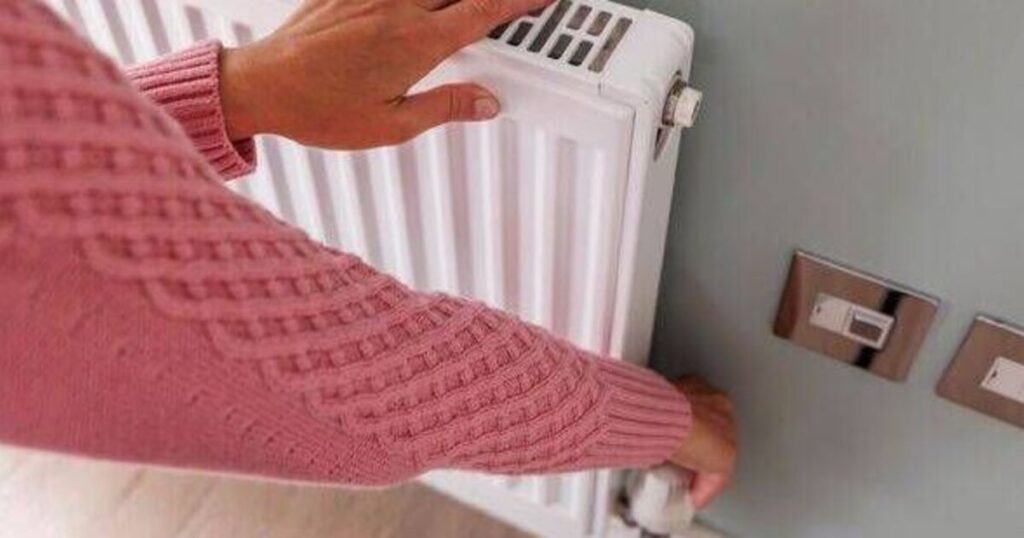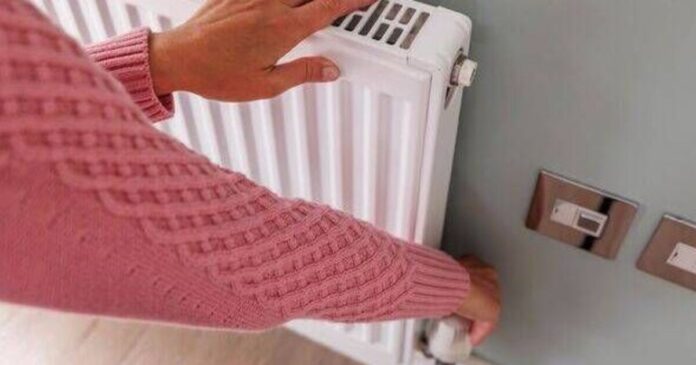
Heating catastrophes frequently strike at this period – when temperatures tumble to single digits. No one desires a freezing dwelling in the depths of winter, so what action should you take if your radiators fail to heat up?
Fortunately, there are three simple measures you can implement to tackle the issue, guaranteeing your radiators warm your property efficiently as quickly as possible without increasing your energy costs. Remarkably, most radiator troubles stem from basic problems that can be readily resolved without the need for a plumber’s visit.
According to heating engineer Zhelyazko Yanchev of Fantastic Services, there are “plenty of ways to make radiators hotter, and heat up faster, without buying a new boiler and using expensive or specialist tools”.
He continued: “Hot water radiator systems are very simple and the problems are likely as simple, too.”
1. Clean and clear in and around radiators.
The plumbing expert states that the “fastest and cheapest way” to ensure radiators warm the space correctly is to remove any objects positioned on or beneath them.
He explained: “That’s because radiators work on the principle that hot air rises by natural convection. Cold air is drawn up the radiator at the bottom and rises out warm at the top.”
Any belongings placed on or underneath the radiator will probably interfere with this mechanism, making it essential to maintain your radiators clutter-free. Just like clearing them, radiators require dusting to ensure air can flow through them easily.
Large pieces of dust and lint can block the centre of the radiator, reducing its effectiveness.
2. Bleed your radiators.
If you notice that your radiator is cold at the top but hot at the bottom, it’s due to “air trapped inside”. The air essentially takes up the space where hot water should be.
The expert stated: “You can quickly increase the radiator’s performance by bleeding this air out.”
3. Remove radiator sludge.
Some households may even discover that their radiator is hot at the top but cold at the bottom. If this is the case, it’s likely due to sludge accumulation inside.
Radiator sludge is a mix of rust, dirt and scale that inevitably builds up over time and circulates through the system.
Sludge is also the primary cause of boiler breakdowns and can quickly age your system, so it needs immediate attention.






















